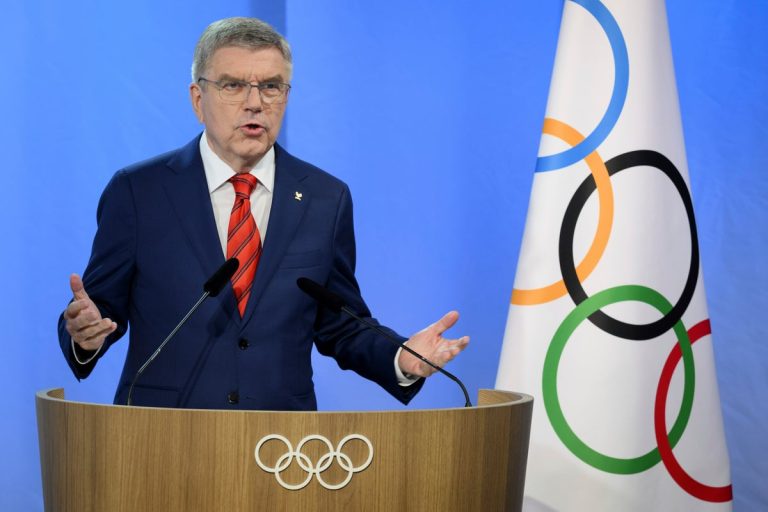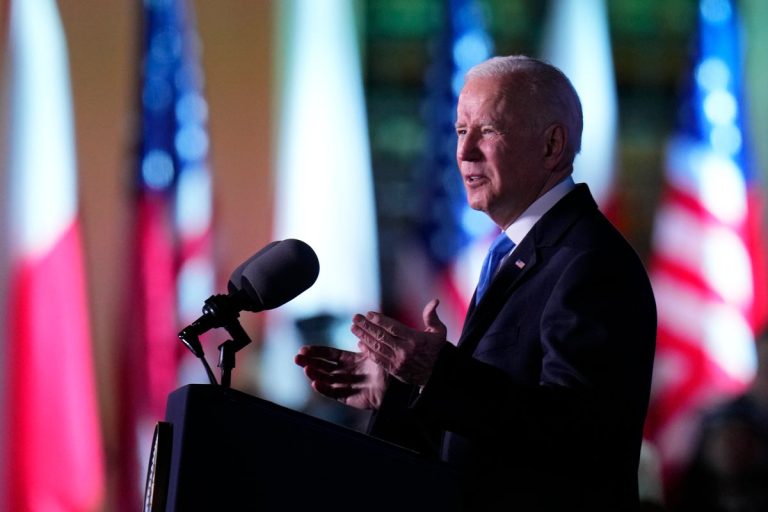EU releasing 5 billion euros to Poland by year’s end as new government works to restore rule of law

For free real time breaking news alerts sent straight to your inbox sign up to our breaking news emails
Sign up to our free breaking news emails
The European Union will by year’s end transfer to Poland the first 5 billion euros in funding that was frozen over democratic backsliding under the previous government, the new Polish prime minister and the European Commission president said Friday.
The money is part of a larger tranche that was held up due to laws passed by the previous national conservative government that eroded the independence of judges — something that the EU deemed to be a violation of the democratic separation of powers.
Polish Prime Minister Donald Tusk said the 5 billion euros ($5.5 billion) was arriving symbolically in time for Christmas. The money is aimed at helping EU nations recover from the energy crisis that followed Russia’s invasion of Ukraine last year, and reduce their dependence on Russian fossil fuels.
“This is not just a gift. This is serious money earmarked for our energy sovereignty and we will try to spend this money very quickly and wisely,” he said at a news conference alongside EU Commission President Ursula von der Leyen on the sidelines of a summit of the 27 member states.
The money will start to flow due to pledges by Tusk’s government to restore the rule of law but more steps have to be taken before it is all released. Tusk and his coalition partners won Poland’s national election pledging to restore rule of law and democratic values.
“We know that the rule of law is very important. It is about our place in Europe. It is about our common values,” Tusk said.
He added that Polish lawyers, prosecutors, judges and citizens “never agreed to Poland without the rule of law. And everyone in their capacity was trying to address this issue.”
Von der Leyen expressed her satisfaction.
“I welcome your commitment to put the rule of law at the top of your government agenda and your determination to address all the concerns that have been expressed over the last years by the European Court and by the Commission,” she said.






